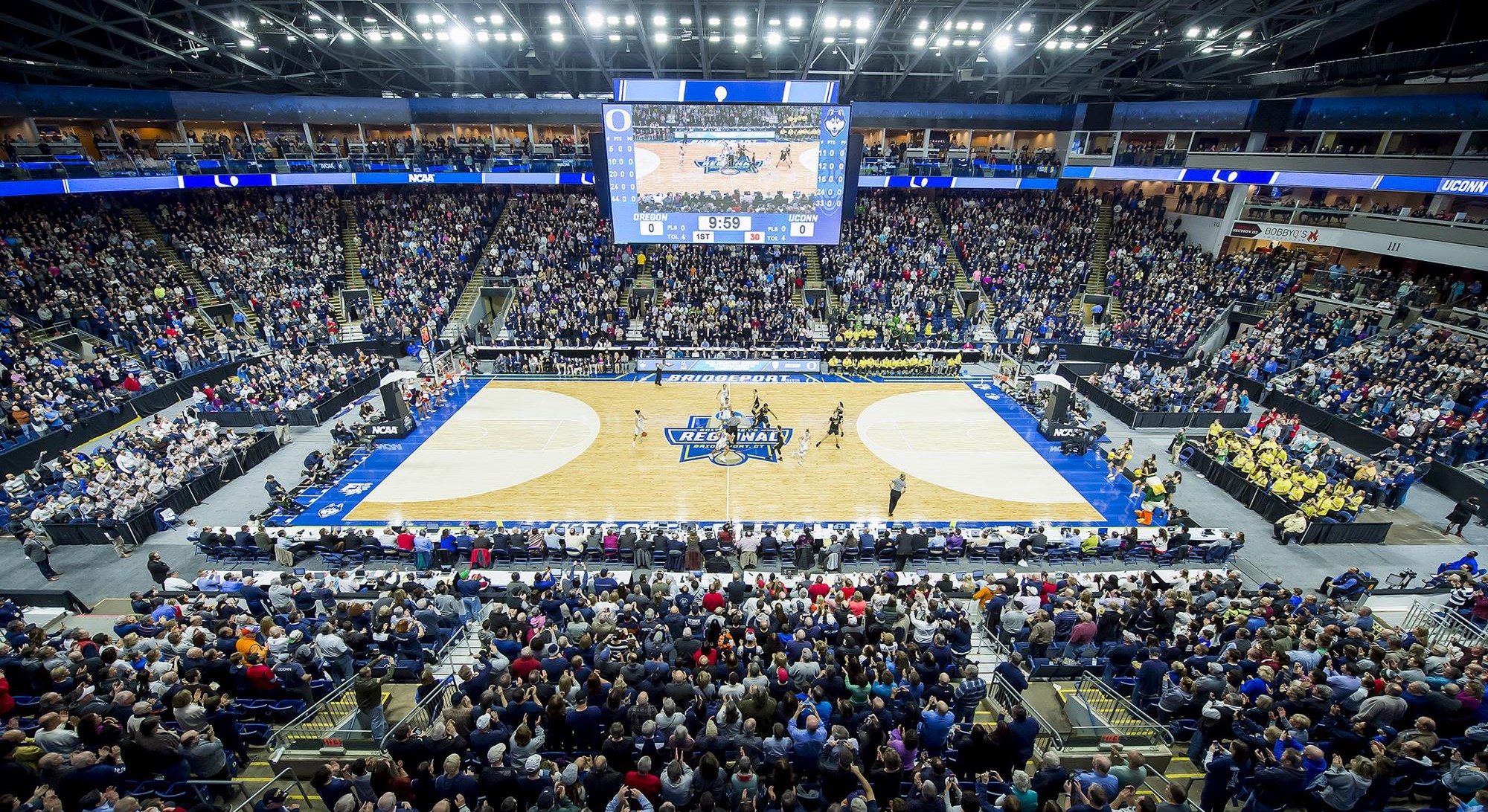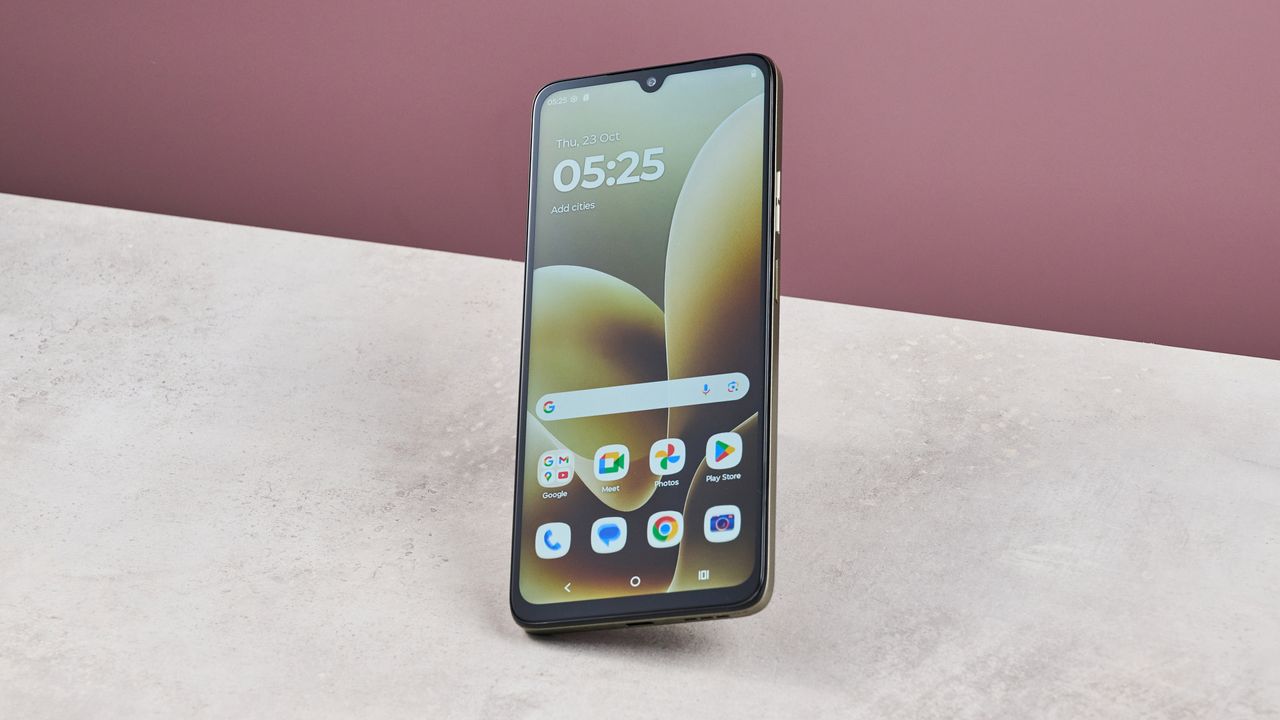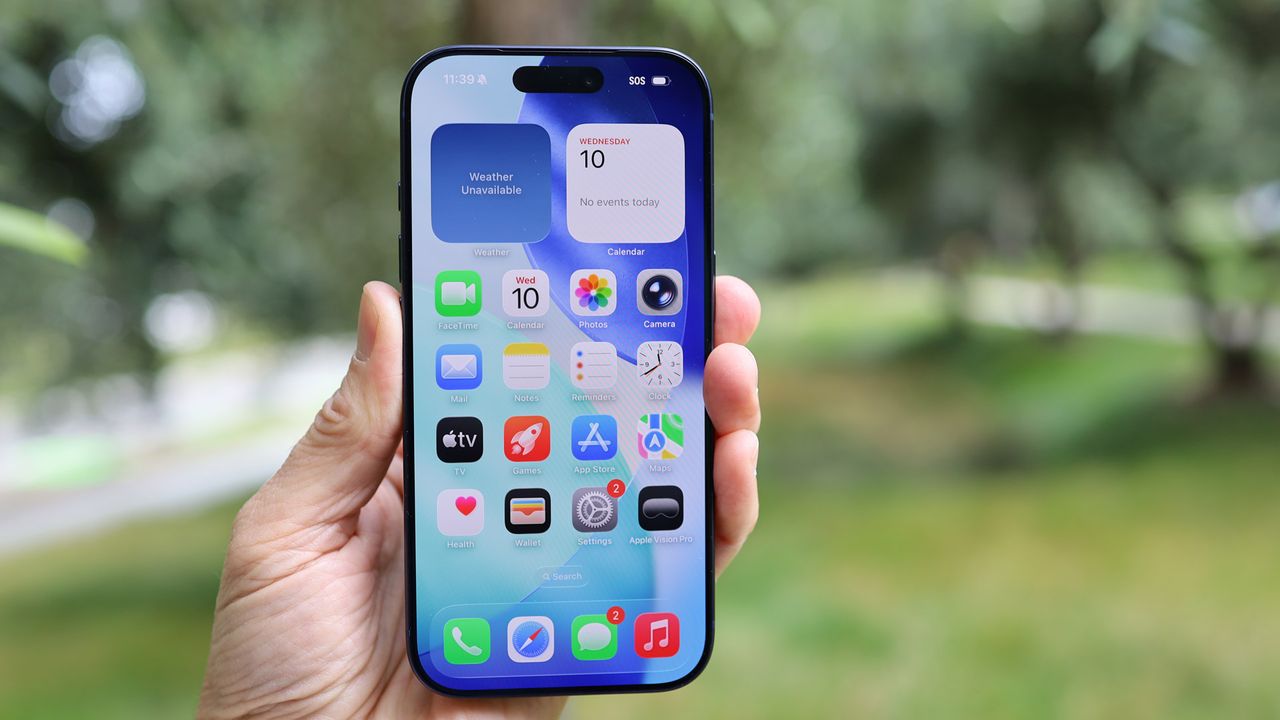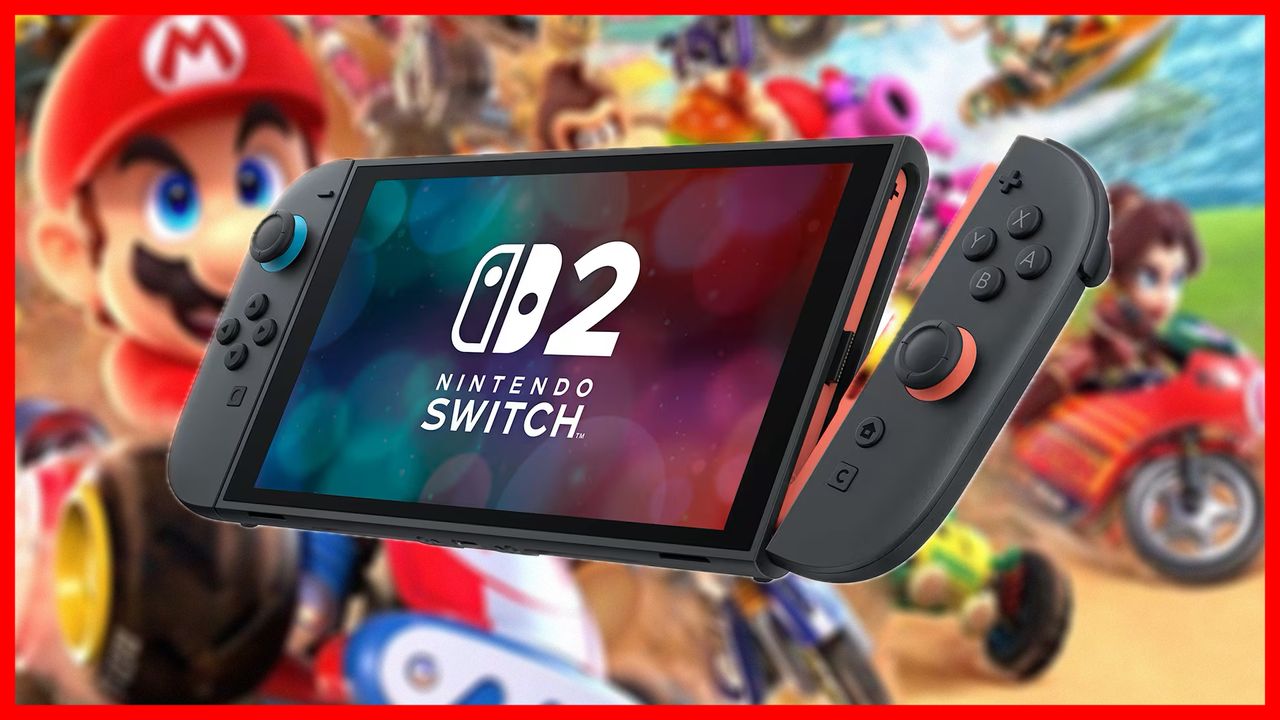
The NCAA announced a number of changes to existing player eligibility rules this past week. What will these new rules mean? Some are suggesting that they won’t mean much of anything and won’t actually impact the players who need it the most. Why now some are asking? Well, the NCAA is in the midst of a crisis that they’ve created themselves. One of the big concessions that they are making is allowing certain elite prospects to acquire agents in high school in order to help them determine whether to even go to college. Who determines what is elite? The NBA and USA Basketball. However, this particular clause won’t go into effect until the NBA rescinds its age minimum.
What’s kind of funny is that the NBA and USA Basketball were told about these reforms, rather than being involved in the development of them in the first place. Both the NBA and USA Basketball are feeling a bit bewildered at the moment and ultimately, not impressed. But this isn’t really out of the realm of possibility for the NCAA. Some describe the organization as “self-centered”, and honestly, this move doesn’t suggest otherwise.
Let’s go back to why they’re implementing the reforms in the first place? On the surface, it seems like they’re doing it to improve the organization itself. But many believe that they’ve created these reforms in order to pass blame to others while strengthening their own investigatory powers. In addition, the move seems to be an attempt to crack down on young athletes getting paid for their work through extra-legal means. As it stands, players cannot get paid for work, which leads to a whole host of other issues.
But this isn’t just about the NCAA. The NBA’s age minimum policy has been an issue for many years, and it has an impact on everyone else. In 2005, the NBA bargained for the age minimum into their labor deal with their players’ union. Some elite basketball players had been going straight to the pros right out of high school for almost a decade. But the implementation of this age minimum had a huge impact on college basketball as well as the players themselves. If a player didn’t want to go to college, they had options. They could go into the D-League, or they could play overseas. And I mean, going straight from high school to playing in the NBA is a big leap. I’m not saying that some players can’t do it, but that’s a huge responsibility for an 18-year-old to take on.
Some suggest that letting high school graduates back into the NBA without a stop in the NCAA is the solution. All of that said, it sounds more like a problem that the NBA has, and the NCAA is trying to fix it. Neither seems to be willing to work with the other group, but groups stand to win, or lose, depending on how they decide to play. I kind of want to insert a “can’t we all just get along” quote in here, but I’m not sure if that’s possible at this late juncture. Regardless, though, the system(s) are broken and someone needs to stand up and fix it.



